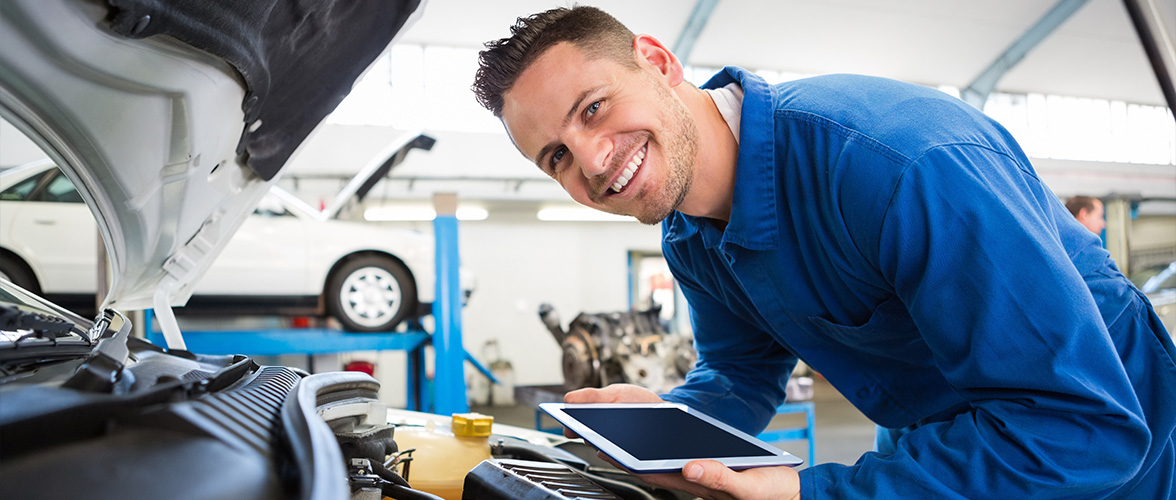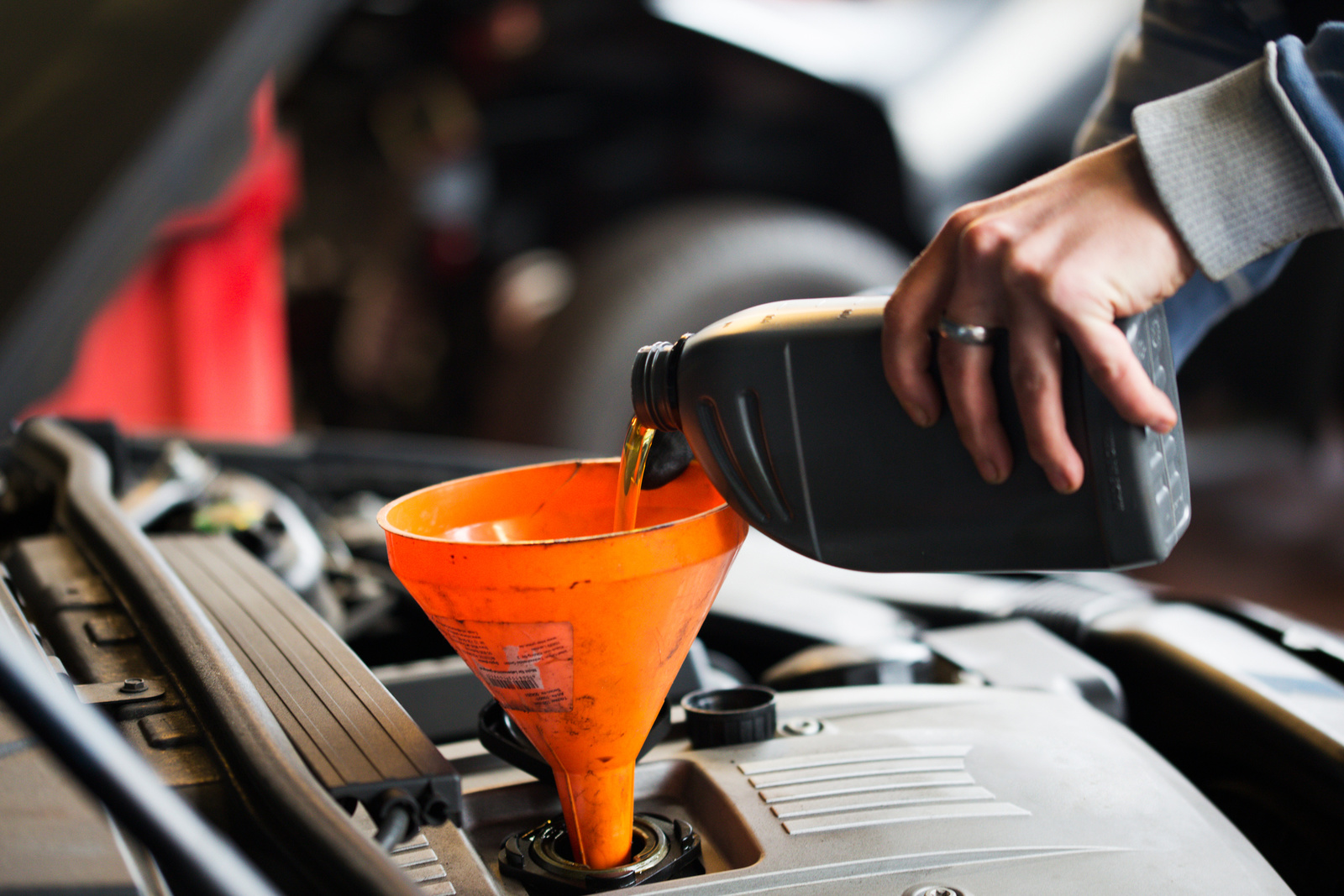Featured
When your cars and truck overheats, it can feel like a major emergency, yet staying calm and adhering to the best actions can stop serious engine damage and help obtain you back when driving safely. In this post, we'll discover what to do if your car overheats and offer preventative pointers to reduce the danger of overheating in the future.
If Your Cars and truck Gets too hot,What to Do. Pull Over to a Safe Area The first and essential action if your car begins to get too hot is to pull over to a safe place immediately. Switch on your hazard lights and guide your lorry to the shoulder or into a parking area. Keeping your automobile running while it's overheated can trigger severe damages to the engine, so it's important to shut the engine off right now.
Let the Engine Cool Down Once you've securely quit, permit the engine to cool down. You should never ever try to open the radiator cap while the engine is still hot, as the launch of steam or warm coolant can create burns. Wait a minimum of 15-20 mins to enable the engine temperature level to drop to a more secure degree prior to continuing.
![]()
Check the Coolant Degree After the engine has cooled, examine the coolant degrees by evaluating the reservoir or radiator. Leading it off with a mixture of coolant and water (as defined by your car's maker) if it's reduced. Always make use of caution when opening the coolant tank, as stress might have accumulated.
Look for Visible Leaks While you await the engine to cool down, aesthetically check the radiator, hoses, and coolant reservoir for any type of noticeable leaks or fractures. A leaking radiator or tube is a common cause of getting too hot. If you locate a considerable leak, it's much better to call a tow solution than threat driving further and creating added damages.
Restart the Engine After enabling the engine to cool down and making sure the coolant is rounded off, start the engine and check the temperature level scale. If the temperature level continues to increase rapidly, it's ideal to close the engine off and call for roadside aid or a tow to the local technician.
![]()
Just How to Protect Against Overheating in the Future. Regularly Check Coolant Degrees Among the simplest ways to prevent getting too hot is by keeping the appropriate degree of coolant. With time, coolant can evaporate, so frequently check the coolant levels in the tank. Low coolant levels can create the engine to get too hot swiftly, so top it off as needed.
Examine the Radiator The radiator plays an essential duty in keeping the engine cool. Regularly inspect the radiator for any obstructions, dust, or debris that could block air flow. If you observe any kind of indicators of damages, such as corrosion or leaks, have it repaired or replaced as soon as feasible.
Change the Thermostat and Water Pump A malfunctioning thermostat or water pump is a common reason for getting too hot. The thermostat regulates the circulation of coolant, while the water pump circulates it with the engine. It can stop appropriate cooling if either component is malfunctioning. Have your mechanic check these components frequently and change them when essential.
Flush the Air conditioning System With time, coolant can degrade and end up being ineffective, causing a build-up of particles in the system. Flushing the cooling system every 30,000 miles, or as advised in your automobile's handbook, assists to eliminate any kind of sludge or accumulation and ensures the cooling system is operating correctly.
Display the Condition of the Hoses The hoses in your automobile's cooling system can break or split over time. Examine the tubes for any indications of wear, such as protruding, splits, or leaks, and replace them if required. Stopping coolant leakages can go a long way in preventing getting too hot.
![]()
Drive Sensibly Hostile driving, such as increasing swiftly or driving at high speeds, puts added pressure on your engine and its cooling system. Attempt to drive at modest speeds, especially on warm days or when driving on high slopes, to minimize the possibilities of getting too hot.
Prevent Straining Your Automobile Lugging extreme weight in your automobile puts stress on the engine and cooling system. Constantly be conscious of your automobile's weight limit, especially if you're transporting heavy loads, pulling a trailer, or driving fars away in warm climate.
Final thought. An overheating automobile can be a frightening experience, however understanding just how to respond and prevent it can save you time, money, and prospective engine damage. Always check your coolant levels, examine crucial components like the radiator, thermostat, and pipes, and adhere to a routine upkeep schedule. By remaining on top of your vehicle's air conditioning system, you can minimize the threat of overheating and enjoy a smoother, more secure driving experience.
If Your Cars and truck Gets too hot,What to Do. Pull Over to a Safe Area The first and essential action if your car begins to get too hot is to pull over to a safe place immediately. Switch on your hazard lights and guide your lorry to the shoulder or into a parking area. Keeping your automobile running while it's overheated can trigger severe damages to the engine, so it's important to shut the engine off right now.
Let the Engine Cool Down Once you've securely quit, permit the engine to cool down. You should never ever try to open the radiator cap while the engine is still hot, as the launch of steam or warm coolant can create burns. Wait a minimum of 15-20 mins to enable the engine temperature level to drop to a more secure degree prior to continuing.

Check the Coolant Degree After the engine has cooled, examine the coolant degrees by evaluating the reservoir or radiator. Leading it off with a mixture of coolant and water (as defined by your car's maker) if it's reduced. Always make use of caution when opening the coolant tank, as stress might have accumulated.
Look for Visible Leaks While you await the engine to cool down, aesthetically check the radiator, hoses, and coolant reservoir for any type of noticeable leaks or fractures. A leaking radiator or tube is a common cause of getting too hot. If you locate a considerable leak, it's much better to call a tow solution than threat driving further and creating added damages.
Restart the Engine After enabling the engine to cool down and making sure the coolant is rounded off, start the engine and check the temperature level scale. If the temperature level continues to increase rapidly, it's ideal to close the engine off and call for roadside aid or a tow to the local technician.

Just How to Protect Against Overheating in the Future. Regularly Check Coolant Degrees Among the simplest ways to prevent getting too hot is by keeping the appropriate degree of coolant. With time, coolant can evaporate, so frequently check the coolant levels in the tank. Low coolant levels can create the engine to get too hot swiftly, so top it off as needed.
Examine the Radiator The radiator plays an essential duty in keeping the engine cool. Regularly inspect the radiator for any obstructions, dust, or debris that could block air flow. If you observe any kind of indicators of damages, such as corrosion or leaks, have it repaired or replaced as soon as feasible.
Change the Thermostat and Water Pump A malfunctioning thermostat or water pump is a common reason for getting too hot. The thermostat regulates the circulation of coolant, while the water pump circulates it with the engine. It can stop appropriate cooling if either component is malfunctioning. Have your mechanic check these components frequently and change them when essential.
Flush the Air conditioning System With time, coolant can degrade and end up being ineffective, causing a build-up of particles in the system. Flushing the cooling system every 30,000 miles, or as advised in your automobile's handbook, assists to eliminate any kind of sludge or accumulation and ensures the cooling system is operating correctly.
Display the Condition of the Hoses The hoses in your automobile's cooling system can break or split over time. Examine the tubes for any indications of wear, such as protruding, splits, or leaks, and replace them if required. Stopping coolant leakages can go a long way in preventing getting too hot.

Drive Sensibly Hostile driving, such as increasing swiftly or driving at high speeds, puts added pressure on your engine and its cooling system. Attempt to drive at modest speeds, especially on warm days or when driving on high slopes, to minimize the possibilities of getting too hot.
Prevent Straining Your Automobile Lugging extreme weight in your automobile puts stress on the engine and cooling system. Constantly be conscious of your automobile's weight limit, especially if you're transporting heavy loads, pulling a trailer, or driving fars away in warm climate.
Final thought. An overheating automobile can be a frightening experience, however understanding just how to respond and prevent it can save you time, money, and prospective engine damage. Always check your coolant levels, examine crucial components like the radiator, thermostat, and pipes, and adhere to a routine upkeep schedule. By remaining on top of your vehicle's air conditioning system, you can minimize the threat of overheating and enjoy a smoother, more secure driving experience.
Latest Posts
How Dodge is Shaping the Future of Electric Vehicles
Published Jan 07, 25
2 min read
Professional Floor Covering Installment Process
Published Jan 07, 25
1 min read
Luxury Bathroom Upgrades for Less
Published Jan 07, 25
0 min read